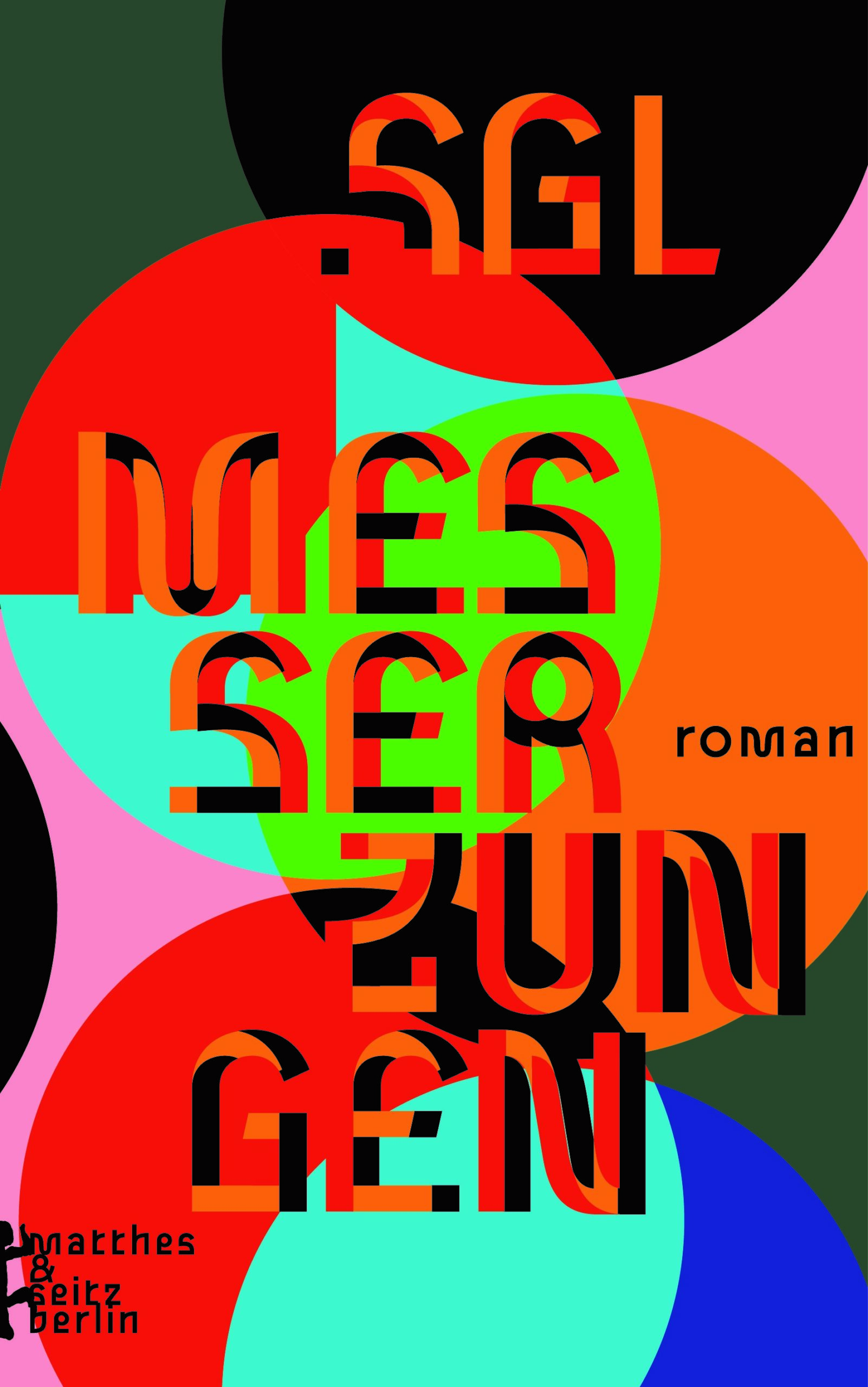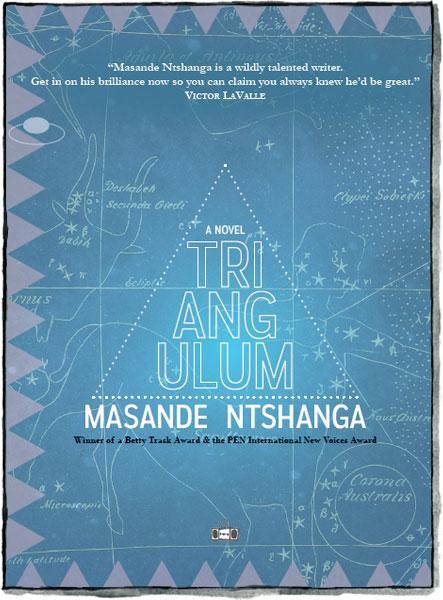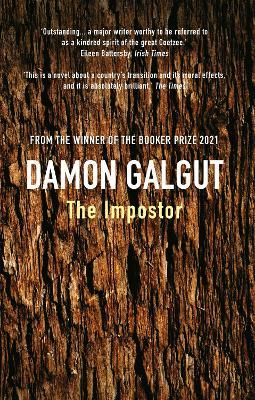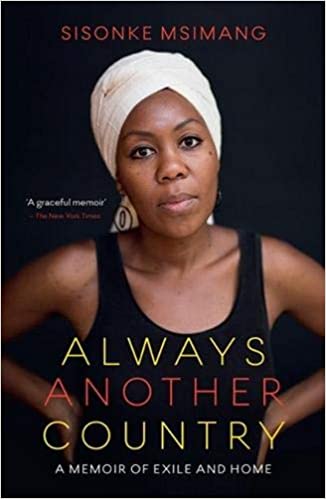In the novel Messer, Zungen (Knives, Tongues, not yet translated into English) Simoné Goldschmidt-Lechner approaches the story of a South African family that later moves to Germany in an experimental, fragmentary manner.
more...
With his second novel, Masande Ntshanga moves into speculative fiction. Triangulum offers a critical commentary on how colonial and apartheid regimes of segregation have ongoing effects in the postapartheid present of Ntshanga’s writing.
more...
The Impostor is an exciting book that offers insights into a complex reality. It is set in a time shortly after the end of apartheid; South Africa is in transition.
more...
In her autobiography, Sisonke Msimang portrays her life as strongly influenced by the South African ANC members in exile and the frequent moves of her family to different continents. In an extremely self-critical narrative voice, Msimang recounts the contradictions she had to – and also wanted to – learn to live with.
more...
In “Moffie”, we see that brutal norms of militaristic masculinities are part of how the film treats the theme of race and complicitness.
more...





